“You can’t blame gravity for falling in love.” – Albert Einstein
I am pretty sure you already know the type of person you’re attracted to. We all have a type. We all have a few deal makers and deal breakers. Yet, there are times when we fall for someone who is not our ‘type’ by any means and get crazily attracted to them. Do we not know what ‘type’ of person we like?
When it comes to attraction, there are some strange rules that come into play on a more deeper and subconscious level which helps us choose the perfect partner.
Love is mysterious, and it’s probably weird too
“Nobody is perfect until you fall in love with them.” – Unknown
During one of my bro moments, a buddy and I were checking out a bachelorette party and choosing who the sexiest woman was in the room. At first, we agreed on basic body types and symmetries. We both liked the fit, tall women, but soon we started disagreeing. I liked the Latina girl with almond-shaped eyes, a longer face, and an hourglass figure. My friend couldn’t stand longer faces. He was attracted to the blond with a round face and a curvy body.
These conversations happen all over the world in all types of languages, regarding all types of genders. Some girls go for guys dressed in leather, while others go for Mr. Business Suit. Some guys like dangerous girls who are adventurous, and uninhibited, while another guy likes them reliable, soft-spoken, and boring. Eventually, everyone agrees to disagree on who is hot or not.
Related: 5 Traits of a Guy You Want to Fall in Love With
But why on earth would we have a difference of opinion? Isn’t the ultimate driver reproduction? If that’s the case we would fall in love with potential sex partners of the opposite sex with good genetic fabric, health, wealth, high social status, and potentially strong parental qualities.
If reproduction was our main driver, all women would be drawn to big and strong men who could tear the flesh of a black bear. Yet thousands of women (and little girls) are in love with Justin Bieber of all choices. Hell, a gust of wind could blow him over. Men would be drawn to younger women with ample breasts and optimal waist-to-hip ratios. I like women with smaller hips and I’ve known guys my age who have dated women twice their age.
This doesn’t even include non-reproductive sex. Shouldn’t we just exchange genetic fluid as much as possible, in the position(s) that provide optimal impregnation during a time when a man’s sperm count is high and the woman is ovulating?
Clearly who we fall in love with, who we have non-reproductive sexual acts with and who we care about is not solely based on reproductive success.
There are a lot of theories attempting to understand the dynamics of love. Many offer compelling ideas about why we choose one person over another, but all theories are based on the fundamental belief that each of us has a unique personality that was formed by our personal experiences and biology.
Experiences determine who you love
“Love is like falling down…in the end you’re left hurt, scared, and with a memory of it forever.” – Unknown
To help become more conscious of the unconscious factors that influence who I fall in love with, I took some time researching what causes us to choose who we do and do not fall in love with.
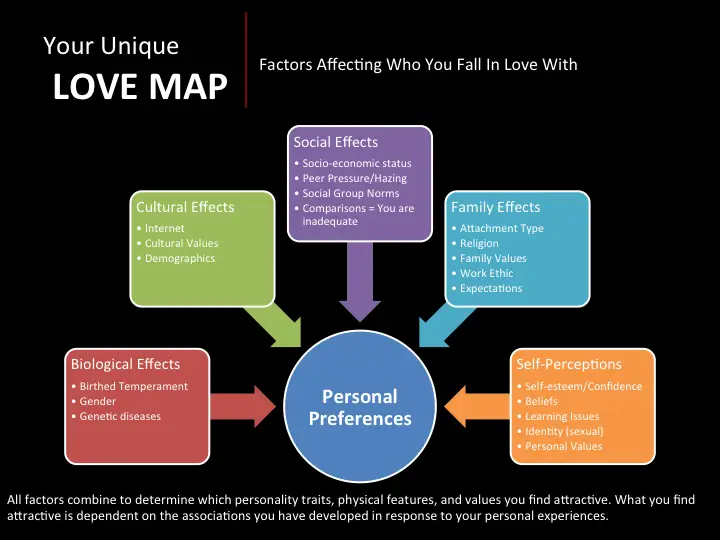
In this article, I propose that the selection of the people we fall in love with, have sex with, and marry are based on the unique human experiences that condition us to create sexual behaviors, expectations, and desires that are associated with our past emotional rewards. These emotional rewards become the expectation of what a cue from an interaction, physical trait, and so on will reward us with – love, sex, and security.
Related: Women Don’t Fall In Love With Violent Men
Meet John.
When John was in college, he hooked up with a girl visiting from Venezuela. She was absolutely beautiful and gave him tons of affection. He was madly in love. Unknowingly to John, when Maria would smile, she would slightly tilt her head, a mannerism almost identical to his mother. Eventually, his time with Maria ended and John went on with his life.
A few years later, John met this stunning Columbian named Sofia. She reminded him of a lot of Maria. In fact, he fell deeply in love and ended up marrying her. Their marriage lasted 7 years until Sofia left him. John was devastated and heartbroken for years.
Ironically, John ended up running into Maria a few years later. Despite her being extremely excited to see him, John was completely unaware that she was still interested. By this point, he suppressed himself away from love because he believed that if he loved he would get hurt again. As a result, Maria stopped pursuing him.
For the early part of John’s life, he was able to unconsciously recognize the cues that resembled his early relationships with his mother and linked those cues (1) to the rewards of those emotions that predicted it. But when Sofia left John, John became naive to the cues Maria gave him when they ran into each other 10 years later.
What matters here is that we, consciously or unconsciously, must be able to recognize the cues linked to the rewards our brains predict.
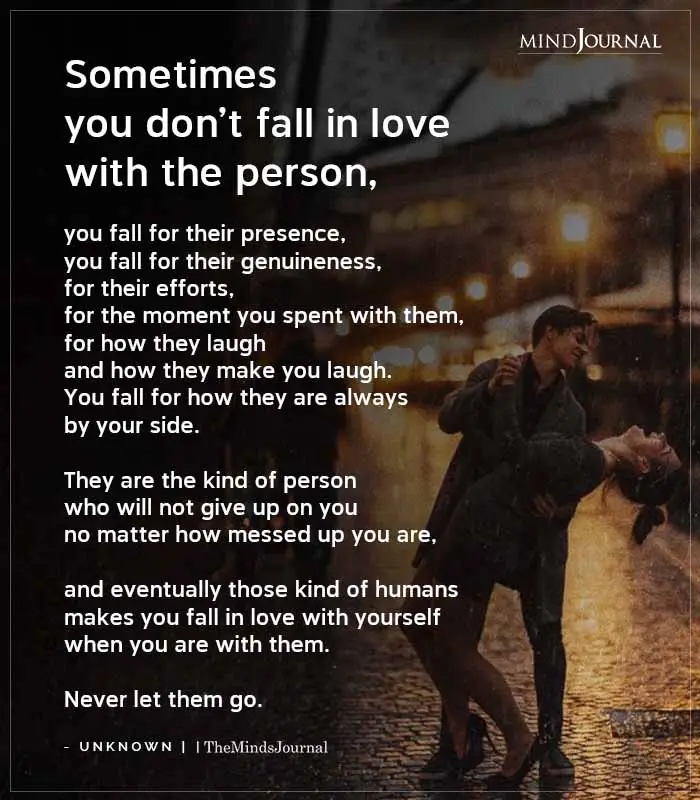
Our brains are prediction machines
“Falling in love is a wonderfully terrifying sensation.” -Steve Maraboli
We desire to know what is likely to happen so that we can do something about it. If our ex-girlfriend is going to cheat on us and steal all our money, then we will want to leave her and protect our assets before it happens. If it is going to be extremely hot later today, then we will pack a pair of swim shorts so we can head to the lake after work.
Knowledge is power, and the most important reason why our brains insist on simulating the future even when we’d rather be here now, enjoying a goldfish moment, is that our brains want to control the experiences we are about to have. (2)
The problem with such predictions is our knowledge is rooted in our personal experiences. So if you were raised in a household with an alcoholic dad and a drugged mother, that was your normal family life. It’s in that sense that the abnormal is normal to you – therefore your unconscious may seek to fulfill your intimate relationships with similar characteristics.
Meet Jake.
Jake grew up with an alcoholic mother and swore to himself that he’d never drink or tolerate alcohol in his relationships. And he stuck to that. But he ended up marrying a chaotic songwriter, a match that fits his expectations and predictions of how a relationship should work. His attraction to this songwriter was created by his unconscious love map.
Love Conditioning
“No one ever fell in love without being a little bit brave.” – Mario Tomasello
An innate characteristic of brains is that they learn and remember. Our behavior is adapted to a large extent by our experiences. Our personal experiences condition us to pick certain sexual preferences that become as “natural and “hardwired” just as one’s food preferences. This associative conditioning does not occur overnight, but throughout our life, starting well before the awakening of our sexual arousal. (3)
Over time this love map becomes refined and fixed as we start masturbating and begin having sex with other people. The reward of a sexual relationship reinforces the already-established love map, further hardening the conditioning.
Sometimes we learn what not to do. When we are faced with a woman who rejects us, we learn specific cues and behaviors that signal to us that a woman may not be interested such as a fake phone number.
In my research, I’ve found six factors that determine who you fall in love with and why.
1. Biology
Not only do our mothers and fathers pass on their genes that carry the potential of future health issues as well as the mixing of chromosomes that determines our sex, but the environment in the womb can also change the balance of key hormones that determine our temperament.
Helen Fisher found that specific chemical ratios and interactions manifest in four broad personality types. (4) Some males are exposed to more estrogen in the womb, while some females are exposed to more testosterone. Such exposure affects the ratio and degree to which one expresses personality traits related to these chemicals, at least initially.
As it turns out, certain chemicals create personalities that are attracted to each other while other chemicals are attracted to complementary personality traits. This can change over time due to our experiences in…
Related: 5 Phrases That’ll Make Him Fall In Love With You Instantly
2. Cultural
The culture we grow up in provides us feedback about what we should find attractive and how we should behave to be attractive to someone else. For example: At the end of the 20th century, the US threatened to hold evidence of Fidel Castro’s daughter, who was conceived in an extramarital affair, as a bargaining tool.
But “in South America, we expect our leaders to have mistresses. If one of our leaders did not have a mistress, the populace would want to know what was wrong with him.” (5) Even within cultures, there are subgroups who have different traditions as to what is acceptable and expected in romantic relationships. This is the heart of demographics.
Even in our post-modern era, the chant “log on to sex” (6) characterizes our millennium’s style of flirting. Webcams and cell towers replace the messy “wet-ware” of body fluids, saliva, sweat, and body odor.
The culture includes everything we have come to recognize as good or bad as a society. These shape and define what is socially attractive.
3. Social Effects
At the age of 5, we begin to cultivate social/emotional attraction and bonding. You discover which kids in Kindergarten like to play with LEGOS and which kids like to eat their boogers. Depending on where your peers and you perceive your standing in the social hierarchy, you may be subjected to bullying, peer pressure, or hazing throughout your life. These experiences affect what you find attractive.
Maybe you were bullied in elementary school and ended up dating a more controlling woman by the college. Or perhaps you went the other route and sought out submissive women so you could feel like you finally had some power.
Our socio-economic status and perceived value relative to others affect our sense of self and create social cues of what to engage in or stay away from in terms of our intimate relationships.
4. Family
The most crucial factor in determining why we fall in love and why is family.
The interactions of life’s earliest years lay down a set of emotional lessons based on the attunement and upsets in the contacts between the infant and caretaker. (7)
Our family interactions, values, and even the religion of your parents affect the values and expectations of how your intimate relationships should be when you get involved with someone else in adulthood. I’ve studied a ton on attachment theory and have recognized the major ways our childhood attachment with our mothers and fathers imprint beliefs about what we deserve in a relationship.
If our parents inconsistently met our needs, we end up manifesting these insecurities in our adulthood relationships. For example, Anxious people tend to be attracted to Avoidants because the Anxious feel valued when they overinvest their emotions into the relationship. Meanwhile, Avoidants feel happy when they underinvest their emotions into the relationship. Despite the initial counterbalance, the relationship turns into being the most toxic relationship of them all.
Family life lays the groundwork for how we should behave and treat our loved ones. This is why the abuse of perpetuating masculinity is passed down from generation to generation.
In homes around the world, violent fathers pass on active trauma they received as a son to their sons as if the abuse and toughness were a gift. 8
And so the chain goes across generations, link to link.
Fathers that abuse is doing more than handing out punishment for infractions. They are teaching their sons, just as they have been taught what it means to be a man and how to love as a man. Such violence in our youth may be passed on into our intimate relationships with women as well. Both are unhealthy and destroy loving relationships.
Related: 3 Things To Remember When You’re Falling In Love With Someone New
5. Self
All of the factors above influence your self-perception and personal interest. They directly influence your worth relative to what you deserve and who you should be associated with. All of the subtle life experiences we have influenced our self-esteem, confidence, and the things we find sexy or shameful – body image, sexual fantasies, beliefs, etc.
All of these experiences can lead to some very different behaviors, such as only getting a boner if leather or lace is in sight, that serve practically no purpose in terms of reproduction. Early sexual fantasies and desires are consciously considered in the context of normal sexual behavior, according to the dominant socio-cultural definition. Thus we accept the labels – kinky, a freak, disgusting – that we end up incorporating into our self-definition.
This, in turn, influences what we seek and how we behave to experience the reward of the desires we have. Such examples may include mistresses, orgies or signing up on Fetlife.
All of these factors make up the traits you seek in someone you will fall in love with. What matters most is at what point in your life does these various experiences.
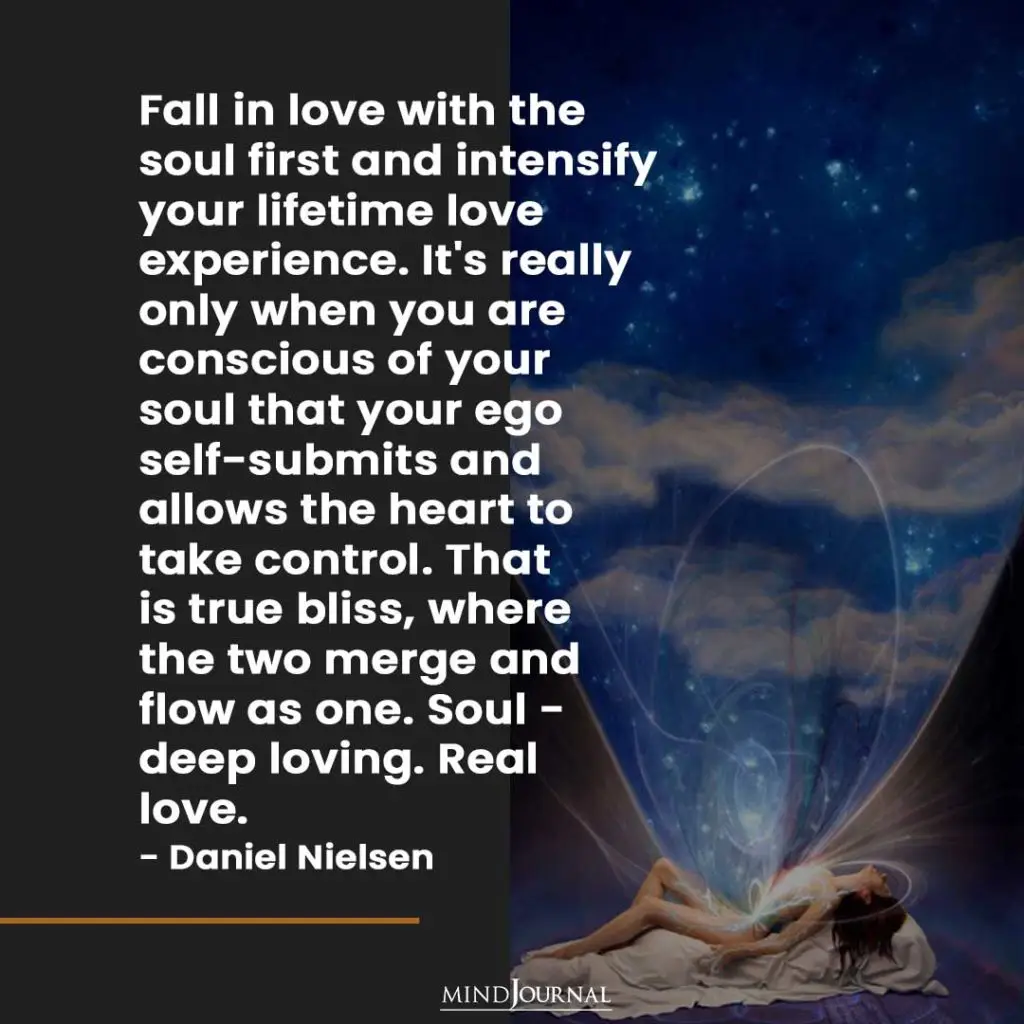
6. Time
When we fall in love or have sex it seems straightforward in terms of arousal, desire and opportunity. If you have all three, hump on. But that is a big “if!”
Arousal is practically always conditional upon whether the person we choose to be with can pick up on our cues. Not to mention other factors that may influence either party’s attraction – mood, life events, social pressure, etc.
So why is it that we have such complex mechanisms in picking people we choose to sleep with, date and marry?
There are over 7 billion people on the planet. This gives you thousands of potential people you could reproduce with, but most of these people go unnoticed. From an evolutionary perspective, this makes sense. “Especially in a species in which individuals are, well, individual from a genetic and experiential perspective.” (9) Such diversity makes hybrid traits, which enhance survival across generations during environmental changes that often occur in an unpredictable manner.
Our partner preferences are based on our personal experience with cues that predict sexual rewards, love, and happiness.
Despite trying to narrow down why we choose who we choose, I’ve come to the conclusion that each person has their unique ideal partner traits that are directly based on their life experiences.
Every desire is, to some extent, a “fetish” that is sought after in the people we find attractive, in the styles they wear, and in the things they do (and we do with them). (10)
When we experience someone that matches a specific feature on our love map, our brain increases dopamine under the belief that the cue is a signal that predicts the emotional and sexual rewards we desire. Experiences lead to expectancy. Reward to desire.
To understand desire and attraction to one person over another, we must understand the rewards and how they connect the external world of love and relationships. Falling in love is at the intersection of the external world and our internal representation of it.
Related: Am I Ready For A Relationship? 3 Signs It’s Time To Fall In Love
Action Steps:
“Be careful while falling in love, see that the fall doesn’t kill You.” – Steve Relane
Understanding why you tend to choose the partners you do can not only help you understand yourself better, but also understand what type of lover you want. With so many options around and nearly not enough time to date each and everyone out there, knowing who you are compatible with can help you build a happy and loving relationship. Love may be mysterious, but it is also great as it relies on a lot of factors for love to blossom.
Here’s how your brain reacts when it falls in love:
When starting this research project, I wanted to be able to offer you some concrete evidence on why you fall in love with who you fall in love with. Since we are all unique in our own way, this became exceedingly difficult, but I did some exercises myself that I’ve found helpful.
If you want to try it too, do the following:
Sign-up for the Free Dating & Relationship Toolkit below and open up the Workbook “The Cues of Love”
1. Note: Not all cues are a representation of our mother. I believe our caretakers have an influence, but in our youth, we form expectations from the people that become emotionally attune with our needs – teachers, babysitters, and so on. So it’s more than just your mother, and to a degree, more than even female characteristics.
2. Book: Stumbling on Happiness by Daniel Gilbert pg. 18
3. Pfaus, J. G., Kippin, T. E., Coria-Avila, G. A., Gelez, H., Afonso, V. M., Ismail, N., & Parada, M. (2012). Who, what, where, when (and maybe even why)? How the experience of sexual reward connects sexual desire, preference, and performance. Archives Of Sexual Behavior, 41(1), 31-62.
4. Book: Why Him? Why Her? How to Find and Keep Lasting Love by Helen Fisher ↩
5. Blechner, M. J. (2006). Love, sex, romance, and psychoanalytic goals. Psychoanalytic Dialogues, 16(6), 779-791.
6. Alapack, R., Blichfeldt, M. F., & Elden, A. (2005). Flirting on the Internet and the Hickey: A Hermeneutic. Cyberpsychology & Behavior, 8(1), 52-61.
7. Book: Emotional Intelligence by Daniel Goleman pg 22
8. Book: I Don’t Want To Talk About It: Overcoming the Secret Legacy of Male Depression by Terrance Real pg 125
9. See Footnote 2
10. See Footnote 2
If you want to transform conflict into the material to build a stronger and more connected relationship then read Kyle Benson’s conflict blueprints here.
Written by Kyle Benson Originally appeared in Kyle Benson
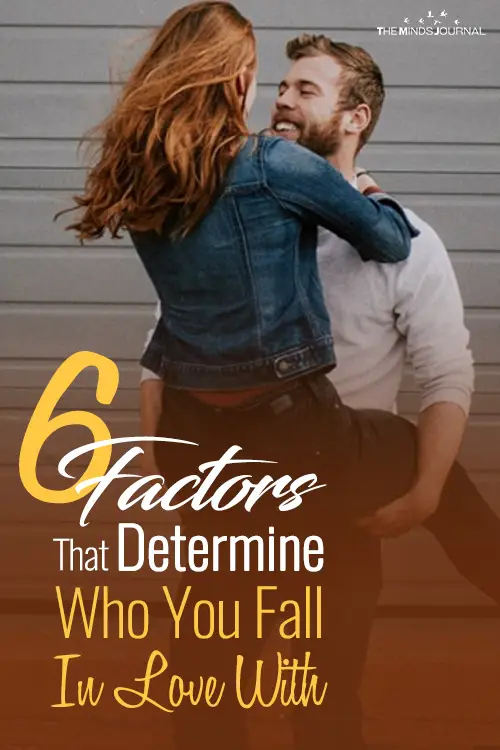
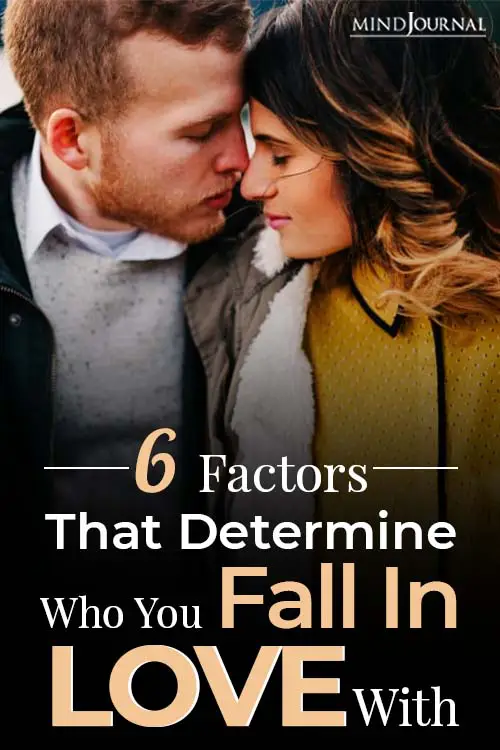
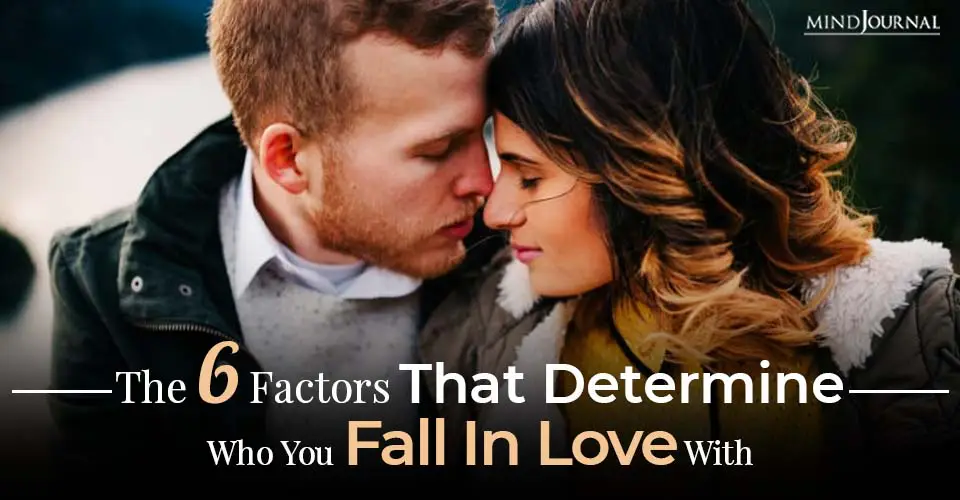





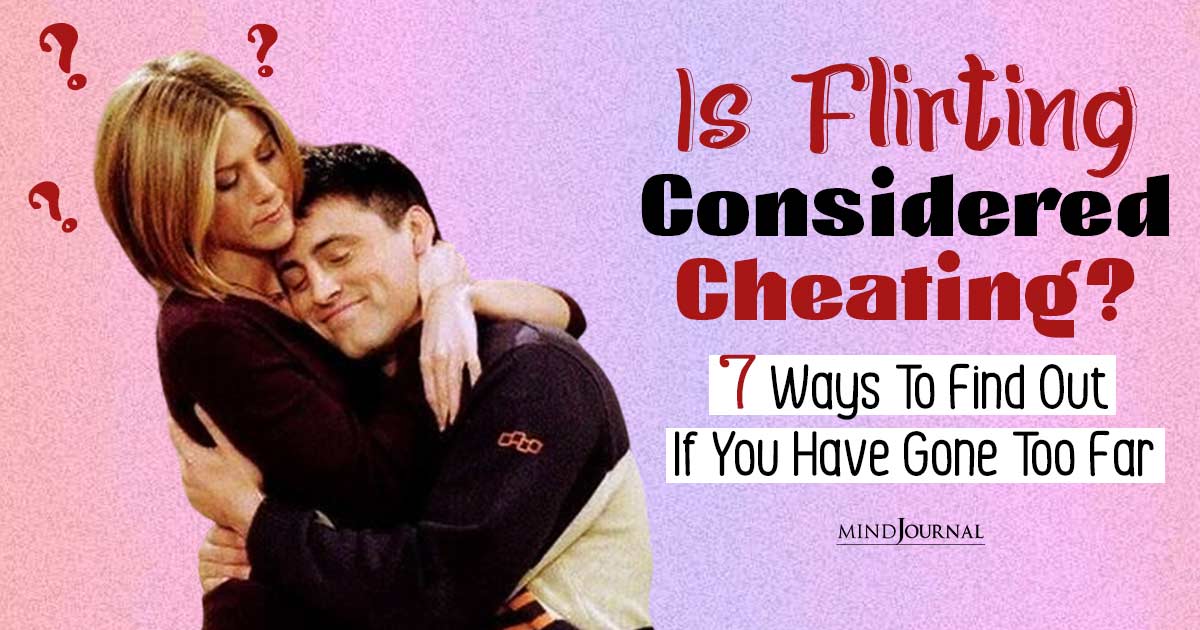
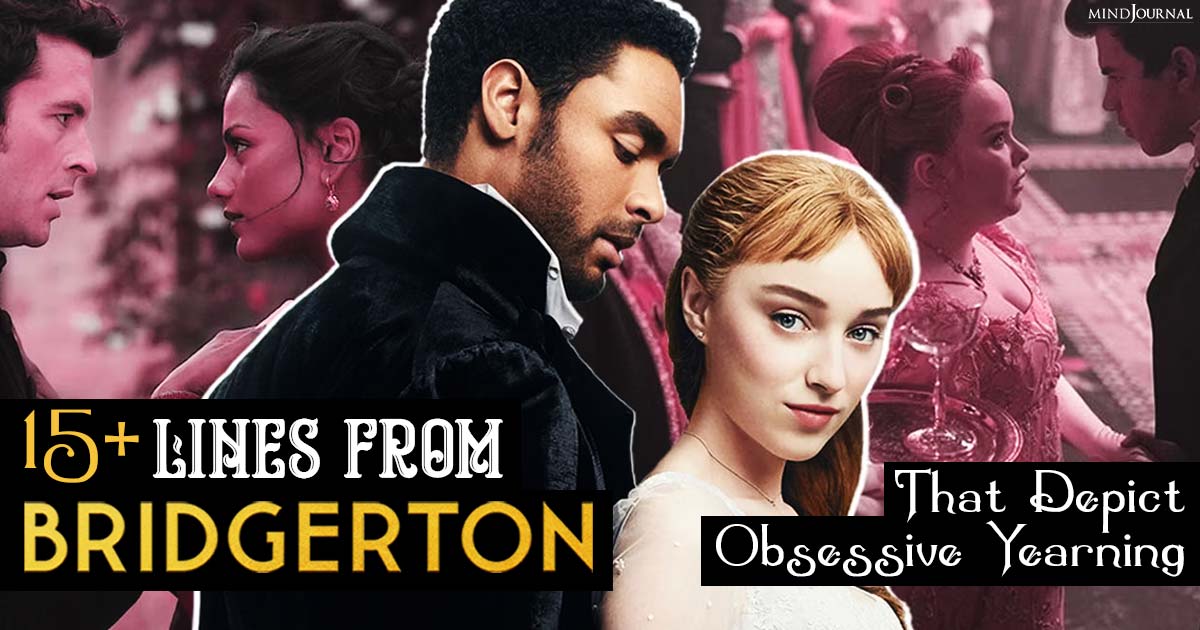
Leave a Reply
You must be logged in to post a comment.